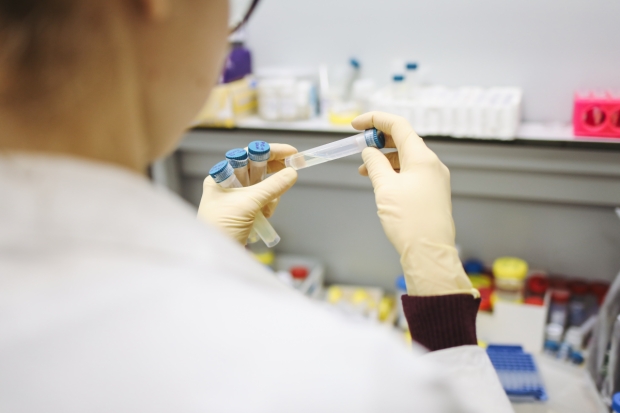The Government has said it could manufacture a vaccine by September – what does this mean for theatre?

Business Secretary Alok Sharma has stated that it may be possible for a coronavirus vaccine to be widely available by September, if ongoing trials are successful.
Speaking today at the daily press briefing, Sharma said: "I'm very proud of how our scientists have come together in their efforts to develop a vaccine to combat coronavirus. Their work has meant that two of the frontrunners for developing a vaccine are here in the UK – at the University of Oxford and Imperial College London."
"The first clinical trial of the Oxford vaccine is progressing well, with all phase one participants having received their vaccine dose on schedule this week. They are now being monitored closely by the vaccine team.
"The speed with which the Oxford team has designed and organised these complex trials is genuinely unprecedented." Through a further investment of £84 million, Sharma has said that: "if current trials are successful, we will have dosages to start vaccinating the current population straight away."
This may be as early as September, Sharma has stated. "With Government support, the University of Oxford has finalised an agreement with AstraZeneca for the globalisation and manufacturing of the Oxford vaccine. This means that if the vaccine is successful, 30m doses will be available by September for the UK as part of an agreement to produce 100m doses internationally."
The UK will be the first to get access to the vaccine, Sharma has said, and that developing countries will have access at an affordable cost.
To react speedily to the circumstances, Sharma has said that: "If, and it is a big if, a successful vaccine is found later this year, we will need to be in a position to manufacture it at scale. The Government will create a "rapid deployment facility" to begin vaccine manufacture at scale this summer. This will make sure a vaccine will be widely available as soon as possible."
While Sharma said that the trials are progressing well, he was quick to add that: "There are no certainties. It may be possible that we never find a successful coronavirus vaccine."
The Government is also actively looking into treatments to help save the lives of infected individuals, especially those with life-threatening symptoms. Sharma has said that "six such drugs have entered live trials, and will advance into larger-scale trials later this year."
However, talking to BBC, science correspondent Pallab Ghosh said that the Government's plans were "incredibly optimistic…many still believe that it'll be next year."
The Shadow Business Secretary Lucy Powell said the news is "greatly welcomed", though also acknowledged that the timescale is ambitious.
What does this mean for the theatre industry?
Though it is far too early to know with any certainty if a vaccine is successful, the prospect of a rapid release will be well received by theatres and artists. In the US, 67 per cent of respondents in a recent survey said that the presence of an available vaccine would encourage them to watch live shows again.
A Reuters/Ipsos poll has also stated that 51 per cent of theatregoers believe that shows should not recommence until a vaccine is found.
Choreography Matthew Bourne echoed such opinions: "Lots of positivity in the news this morning about "UK going back to work" but until we can rehearse and play to packed theatres when can dance and theatre realistically think of returning to work without a vaccine or something similar?"
The news that theatres may be able to reopen this side of Christmas may also be heartening – the festive season is always a lucrative time for UK venues – in 2019 pantomimes grossed over £60m in total. At Theatr Clwyd, for example, panto represents 10 per cent of an annual turnover. For some theatres, that number is significantly higher.
That said, Sharma's admission that "we never find a successful coronavirus vaccine" may worry some.
As detailed last week, a new COVID alert system has been established, which will determine the level of social distancing measures in place.
Sharma has said that the UK is "now in a position to move towards level three", with the UK on level four from 23 March. It is likely that any large-scale gatherings will only be possible during the later stages of lockdown easing.
Some venues, including Sheffield Theatres, have begun to explore options for performing shows outdoors in 2020. At the same time, others have warned that they have less than six to eight weeks before funds run out, unless they receive further support.










